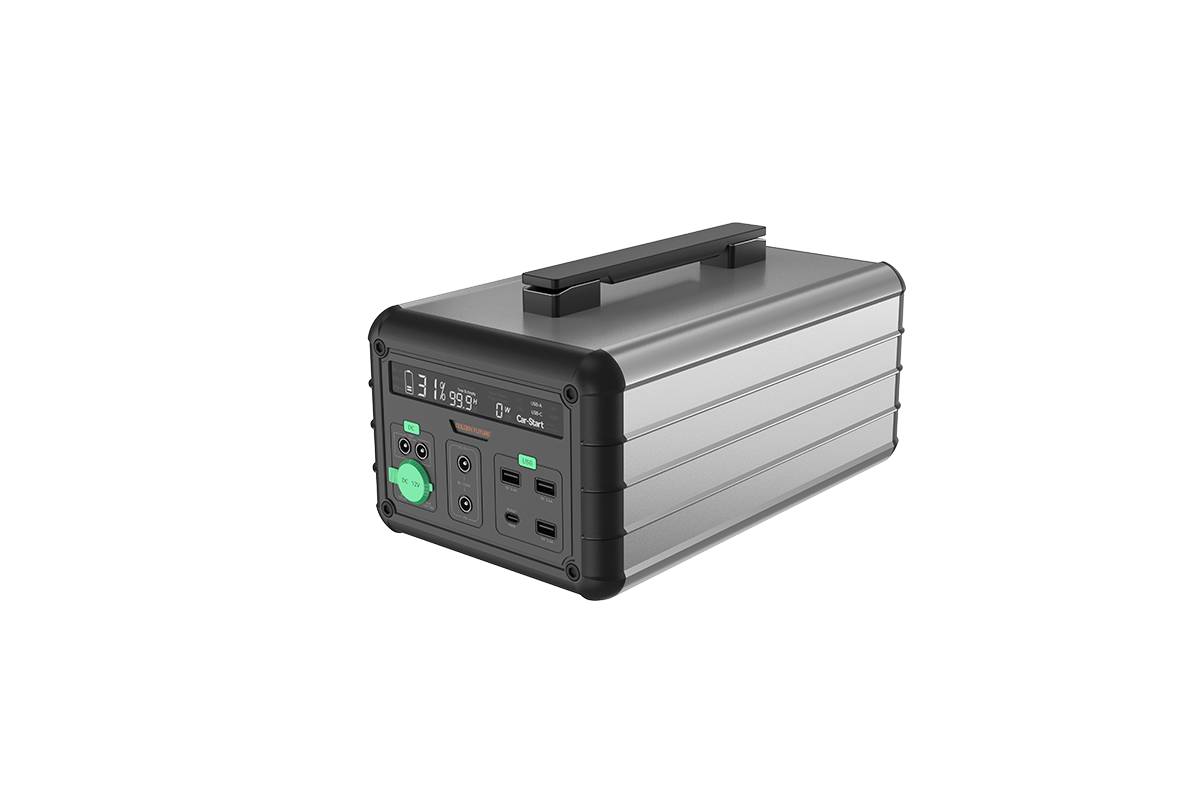

Time:2025-05-14 Views:1

In the global pursuit of a sustainable energy future, energy storage technologies play a pivotal role, and sodium - sulfur (Na - S) battery energy storage is no exception. Governments around the world have recognized the significance of promoting this technology and have thus introduced subsidy policies.
Japan has been at the forefront in subsidizing Na - S battery energy storage. The Japanese government provided substantial free financial support in the early R & D stage of Na - S batteries, contributing over 50% of the funds. For instance, companies engaged in Na - S battery R & D received significant government - funded grants. This not only spurred technological innovation but also encouraged more enterprises to invest in this field. After the technology entered commercial operation, continuous subsidies were given. In a large - scale Na - S battery energy storage project deployed at a former LNG terminal in Japan by Toho Gas, the project was supported by Japanese government subsidies through a program aiming to increase renewable energy adoption. The government subsidy, which covered a significant portion of the upfront cost, was crucial for the project's viability. This subsidy policy has multiple benefits. It helps reduce the financial burden on enterprises investing in Na - S battery energy storage projects, promotes the large - scale application of this technology, and in turn, contributes to Japan's goal of increasing renewable energy integration into the grid and achieving carbon neutrality by 2050.
In the United States, although there is no exclusive subsidy policy specifically for Na - S battery energy storage at the federal level, incentives like the Investment Tax Credit (ITC) and Accelerated Depreciation (MACRS) can also apply to relevant projects. At the state level, some states have recognized the potential of Na - S batteries for grid - scale energy storage and long - duration energy storage applications. They have introduced incentives such as tax breaks and direct financial incentives for projects using Na - S battery energy storage. These state - level subsidies are designed to promote local energy storage development, enhance grid stability, and support the growth of renewable energy sources.
In China, the government is also paying increasing attention to energy storage technologies including Na - S batteries. Although there is no one - size - fits - all subsidy policy for Na - S battery energy storage currently, in general, for energy storage projects that meet certain conditions, there are subsidies. For example, in some regions, subsidies are provided based on the installed capacity or the actual energy storage and discharge volume of the project. As the importance of Na - S batteries in large - scale energy storage applications becomes more evident, it is expected that more targeted subsidy policies will be introduced in the future to promote the development and application of this technology.
Read recommendations: